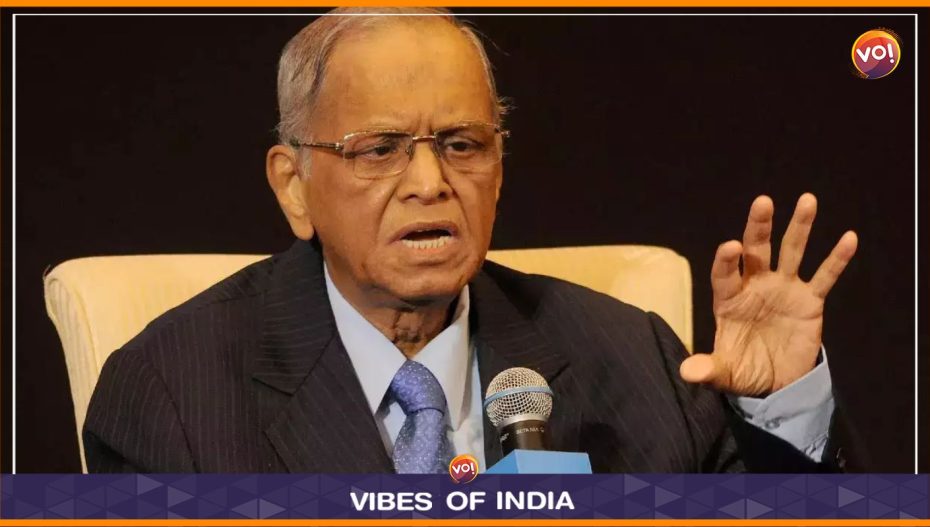Infosys founder Narayana Murthy thanked Manmohan Singh, Montek Singh Ahluwalia and P Chidambaram for the ‘economic freedom’ they ushered in India with their policies. Murthy said that India got economic freedom only in 1991.
“While we got political freedom in 1947, we got economic freedom only in 1991. And we owe it to Narasimha Rao. Let us be very, very clear. Yes, Manmohan Singh was his finance minister. If the PM had not fully supported Singh, I don’t know if it would have been possible. Manmohan Singh, Montek Singh Ahluwalia, and P Chidambaram – these were the three people that ushered in economic freedom for India. We all should be very grateful to them,” said Narayana Murthy in a podcast with TV Mohandas Pai called ‘The Record’.
Murthy explained that the 1991 economic reforms removed licencing in certain areas like high tech, which enabled corporate leaders to take decisions and strategise in their boardrooms instead of waiting in the corridors of North Block. The reforms did away with the office of the Controller of Capital Issues in Delhi.
“I don’t think he understood capital markets, there was hardly any capital market in Delhi, it was in Bombay. And that person, he was a civil servant, rarely gave any premium when you had your IPO…but what these architects of economic freedom did was that they realised that office was superfluous, they abolished that office,” he said.
“The third thing they did was they introduced current account convertibility. Of course, the governor of RBI was an important player in that. The good thing about current account convertibility is that you did not have to apply to RBI and wait for 10-12 days before you got the approval to travel,” he said.
Murthy said the government of Narasimha Rao wanted to bring in certain measures for macroeconomic stabilisation through fiscal correction. The government brought in fiscal reforms to restore fiscal discipline and correct fiscal imbalance. It brought in monetary and financial sector reforms by doing away with interest rate distortions and rationalising the structure of lending rates. The government introduced reforms in capital markets, industrial policy, trade policy, foreign investment, and rationalising exchange rate policy.
To navigate this complex process of steering the economy out of an economic crisis that was the result of a deficit in payments balance due to India’s skewed reliance on imports, among other factors, PM Rao appointed Manmohan Singh as finance minister. Following the groundbreaking budget of 1991, Singh continued to introduce structural measures over the next few years. He is fondly credited as the ‘architect of modern Indian economy’.
Ahluwalia, who would later go on to become the Planning Commission Vice Chairman, was the Commerce Secretary when Singh presented the 1991 Union Budget. He later on became the Economic Affairs Secretary and then the Finance Secretary, and was instrumental in introducing the reforms.
P Chidambaram, who later on became the Finance Minister and Home Minister too, was the Minister of State (Independent Charge) in the Ministry of Commerce then. He is credited for making radical changes in India’s export-import (EXIM) policy.
Also Read: Hardik Pandya Ruled Out Of India’s World Cup Campaign












